An in-person meeting between Prime Minister Narendra Modi and Russian president Vladimir Putin is not in the cards this year.
As per several media reports, Modi will not travel to Russia for the annual bilateral summit with Putin.
In December last year, Putin had flown to New Delhi for the 21st India–Russia annual summit. This time, Russia was supposed to host the event.
Citing sources, NDTV reported that the G20 summit in Indonesia’s Bali in November was Modi’s last foreign trip this year.
Why is the in-person India-Russia summit unlikely this year? What happened when Modi met Putin in Uzbekistan? Let’s take a closer look.
22nd India-Russia summit
As per Indian Express sources_,_ PM Modi would not travel to Moscow for the summit due to “scheduling issues”.
In 2020, the in-person India-Russia summit had not taken place due to the COVID-19 pandemic.
As the summits are held within the calendar year and 2022 is almost ending, an in-person summit will not take place this year, says Indian Express.
No dates have been proposed by Russia so far for the meet, as per NDTV.
The annual summits, which began in 2000, are the “highest institutionalized dialogue mechanism” between the leaders of the two countries, notes Indian Express.
Bloomberg has reported citing sources that the summit is not taking place after the Russian president “threatened to use nuclear weapons” in Moscow’s war with Ukraine.
Quick Reads
View AllHowever, this has been denied by a government source, as per Reuters news agency.
The source, which did not want to be named, told the news agency that the call to not hold the annual summit was taken “much earlier”, adding that the nuclear threat was “not a factor”.
The war with Ukraine had earlier featured in talks between Modi and Putin during the annual summit of the Shanghai Cooperation Organisation (SCO) in Samarkand, Uzbekistan.
‘Era of war’ over
Prime Minister Modi and President Putin had met on the sidelines of the SCO summit in Samarkand in September this year.
Modi had told Putin that the “era of war” is over, to which Putin had said he would try to end the conflict and had blamed Ukraine for prolonging it.
“I know that today’s era is not of war and we have spoken to you many times on the phone that democracy, diplomacy and dialogue are such things that touch the world,” the Indian prime minister had said, as per The Hindu.
“We want all of this to end as soon as possible. We will keep you abreast of what is happening there,” Putin had responded.
“However, unfortunately, the opposing side, the leadership of Ukraine, announced its refusal to continue negotiations and declared that they wanted to achieve their goals by military means, as they say ‘on the battlefield’,” the Russian president had further said, The Hindu reported.
This was the first meeting between the two leaders since the Russia-Ukraine conflict broke out in February this year.
Modi’s statements were praised by the West and were also reflected in the G20 Bali declaration.
India on Russia-Ukraine war
India has not explicitly criticised Russia for its “special military operation” in Ukraine. New Delhi has also abstained from UN votes condemning Russia’s invasion of Ukraine.
However, New Delhi has called for the resolution of the crisis through dialogue.
External Affairs Minister S Jaishankar told Parliament this week: “At Samarkand, prime minister voiced global sentiment when he declared that this was not an era of war. His statement was in the context of the Ukraine conflict, where our advocacy of dialogue and diplomacy has been consistent and persistent. It has a larger resonance as well. We have also extended support on specific concerns, such as supply of food grains and fertilizers, as indeed on security of nuclear installations. Our position has been broadly appreciated by the international community and finds reflection in the G20 Bali Declaration”, reported Indian Express.
Reiterating India’s stance on the war in September, Jaishankar had said at the 77th UN General Assembly (UNGA), “We are often asked whose side we are on. And our answer, each time, is straight and honest. India is on the side of peace and will remain firmly there”.
Despite pressure from the West to condemn Russia over the conflict, India has continued to buy oil from Moscow at discounted prices.
According to Stockholm Peace Research Institute (SIPRI), between 2011 and 2021, 60 per cent of weapons imports in India was from Russia, reported Al Jazeera.
ALSO READ: How ‘General Winter’ can affect the Russia-Ukraine war
Russia’s ‘nuclear threat’
On Wednesday (7 December), the Russian president said that the threat of nuclear war is increasing, but added that Moscow has not “gone mad” and would not be the first to use its nuclear arsenal, BBC reported.
Addressing Russia’s annual human rights council meeting, Putin said, “Such a threat is growing, it would be wrong to hide it”.
“We have not gone mad, we are aware of what nuclear weapons are. We aren’t about to run around the world brandishing this weapon like a razor”, he was quoted as saying by BBC.
Putin also admitted that the conflict with Ukraine is “going to take a while,” adding that Moscow will fight by “all available means at our disposal”.
With inputs from agencies
Read all the
Latest News,
Trending News,
Cricket News,
Bollywood News,
India News and
Entertainment News here. Follow us on
Facebook,
Twitter and
Instagram.


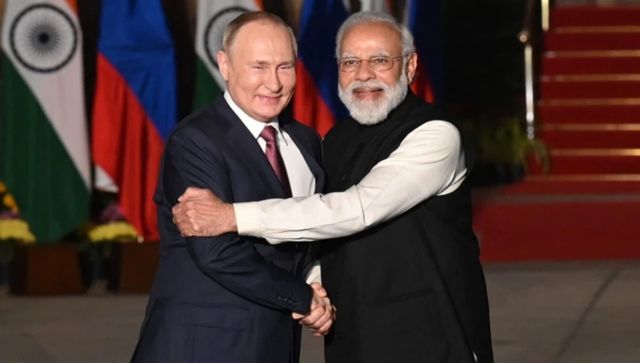)
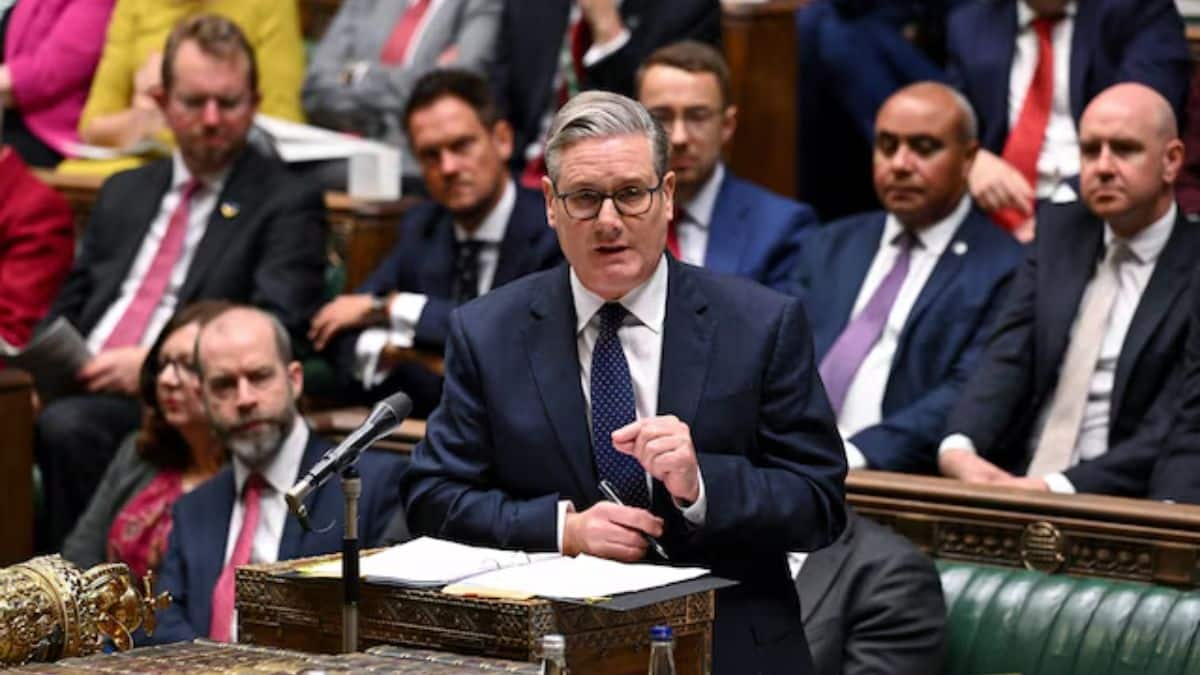
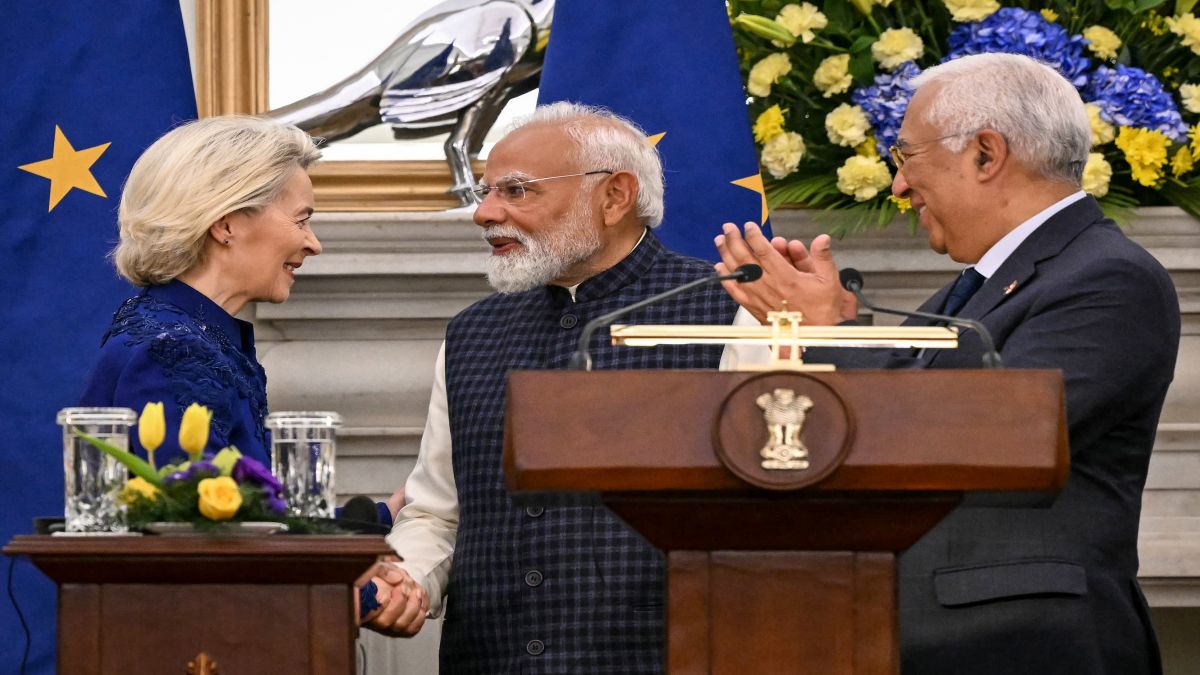)
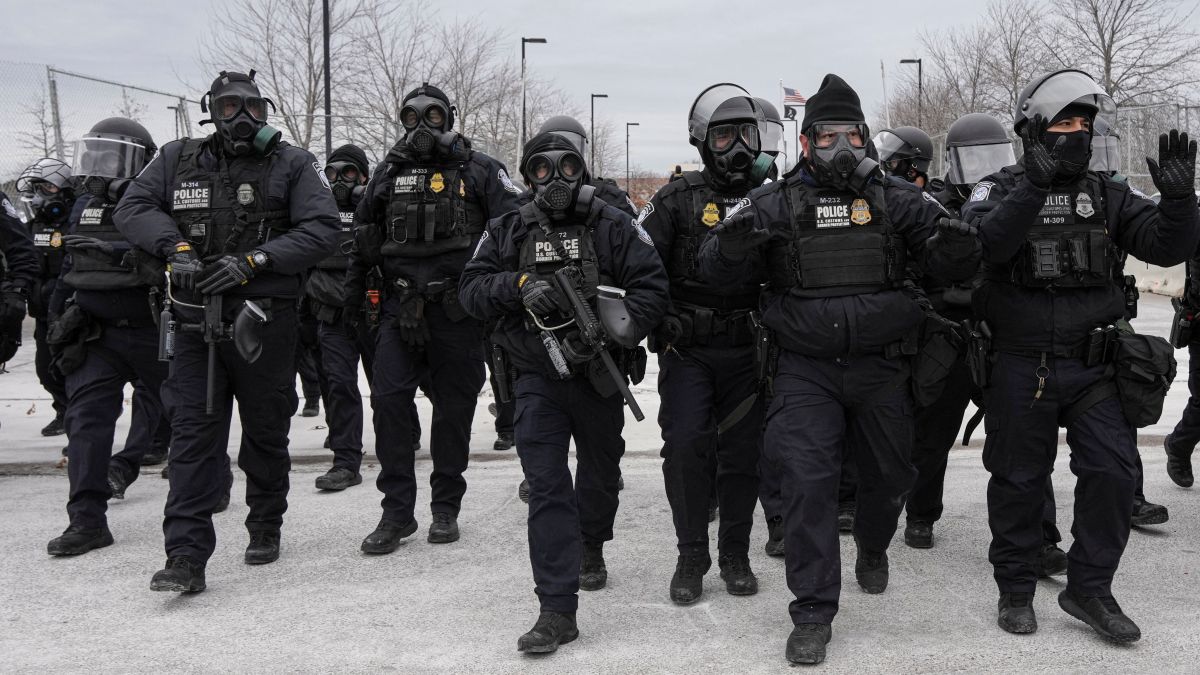)
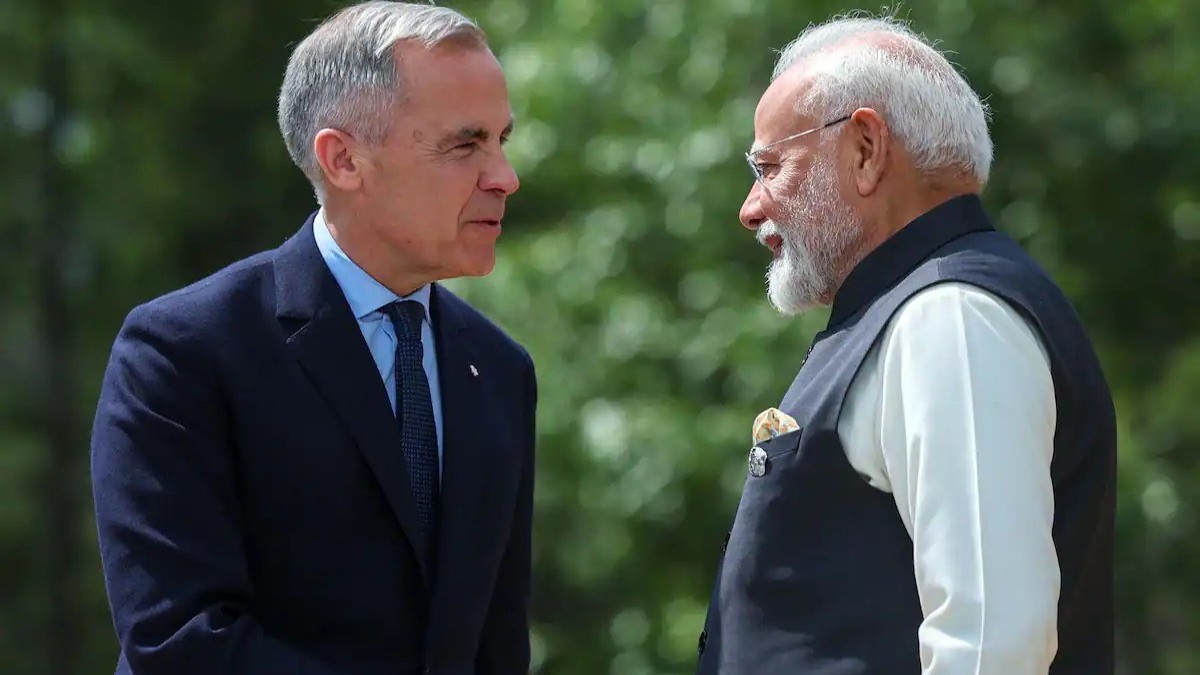)
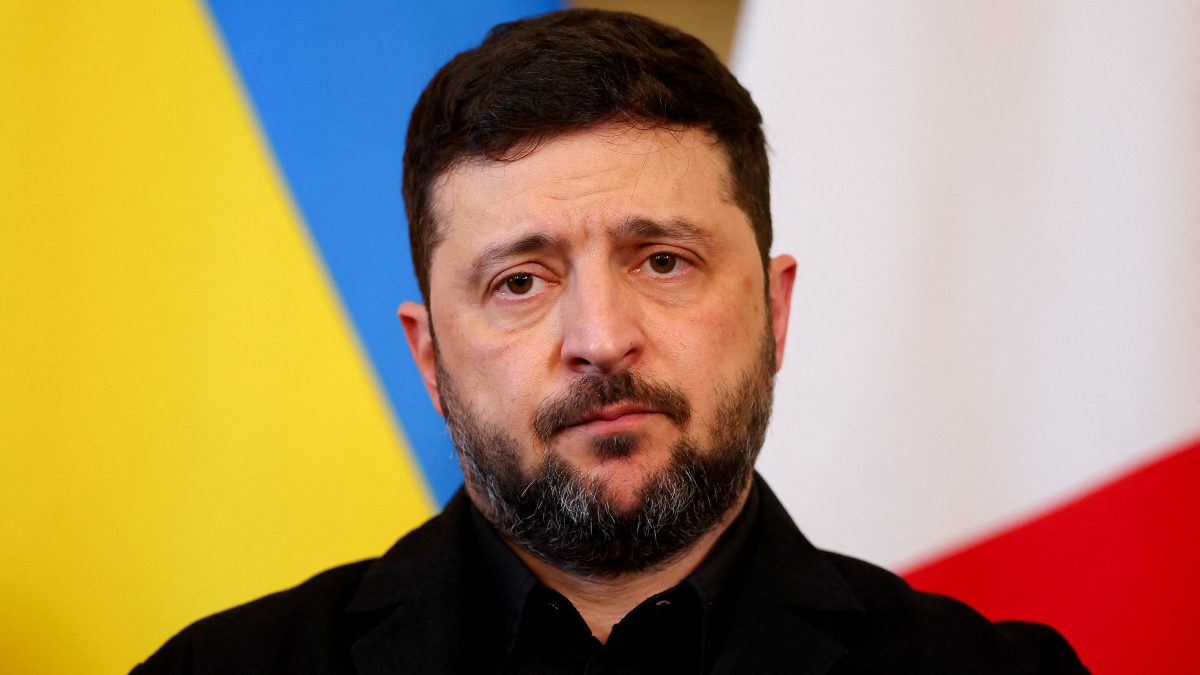)
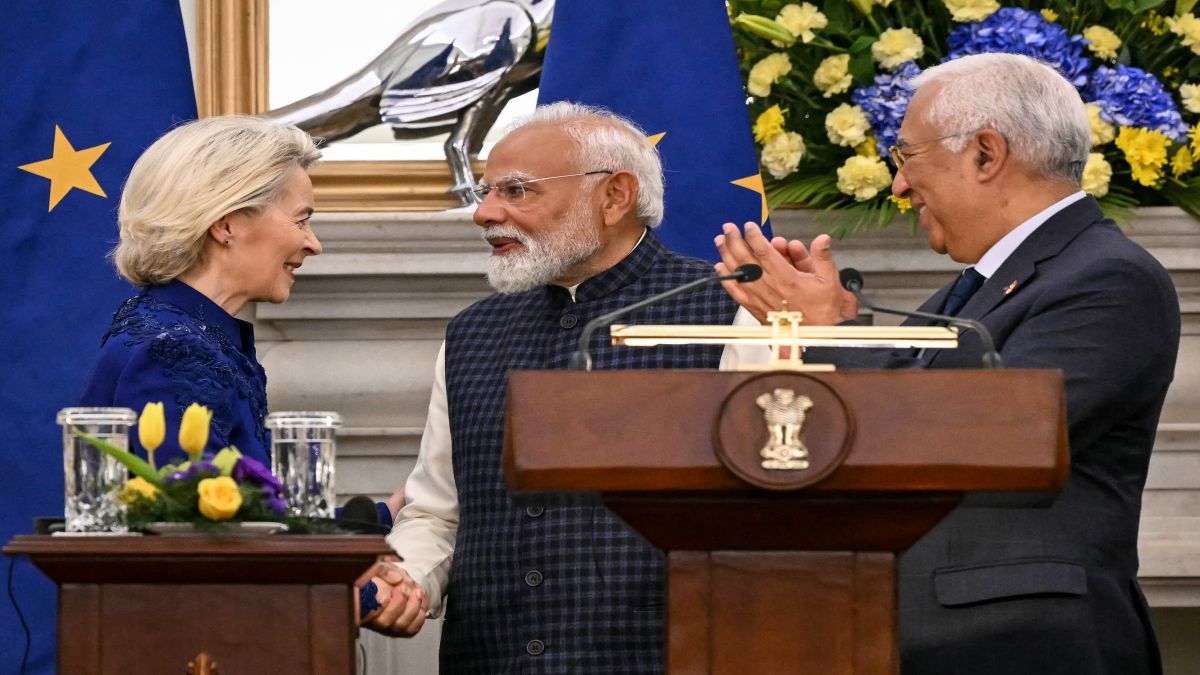)
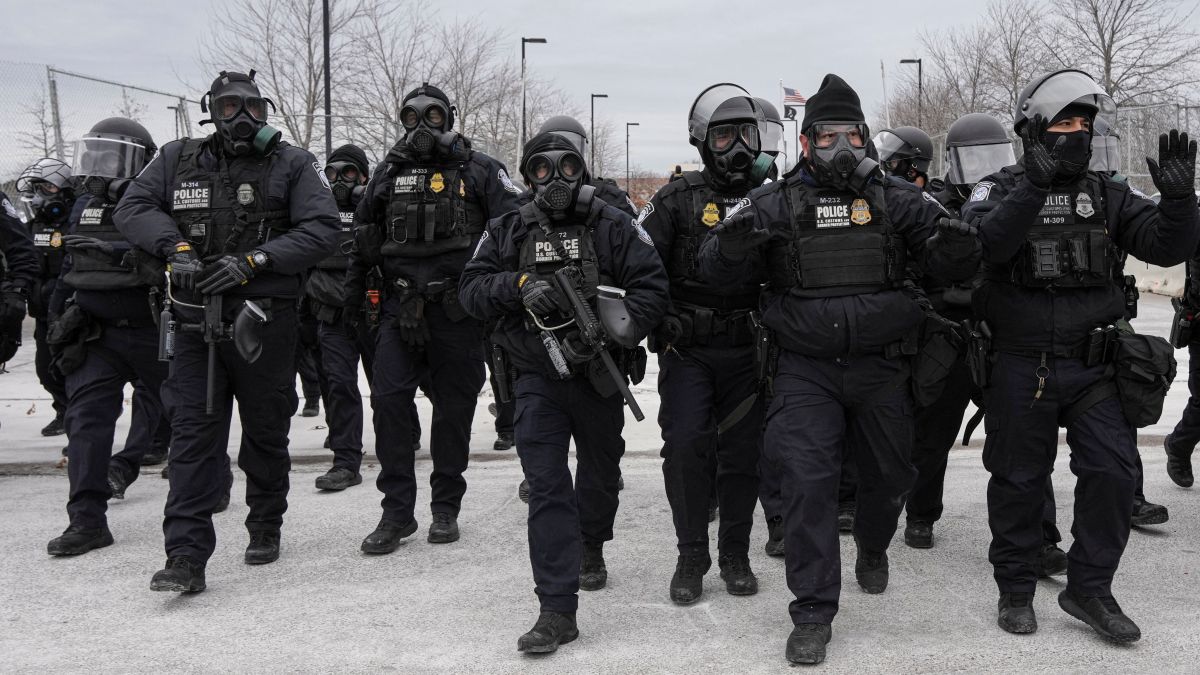)
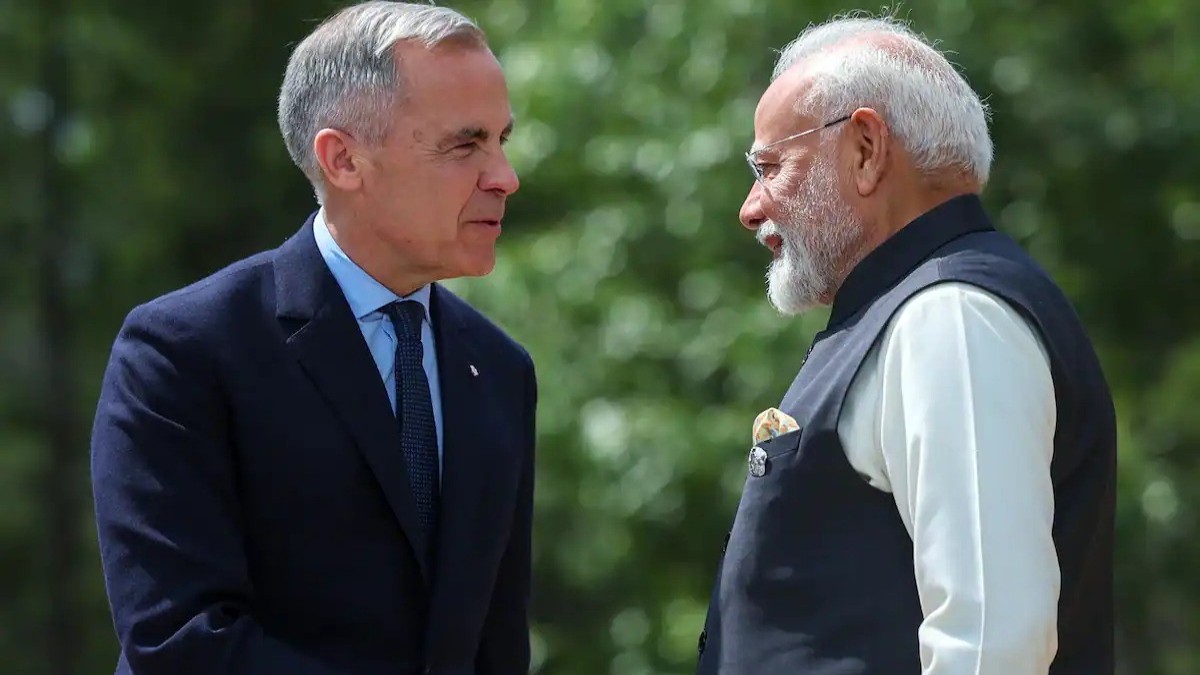)
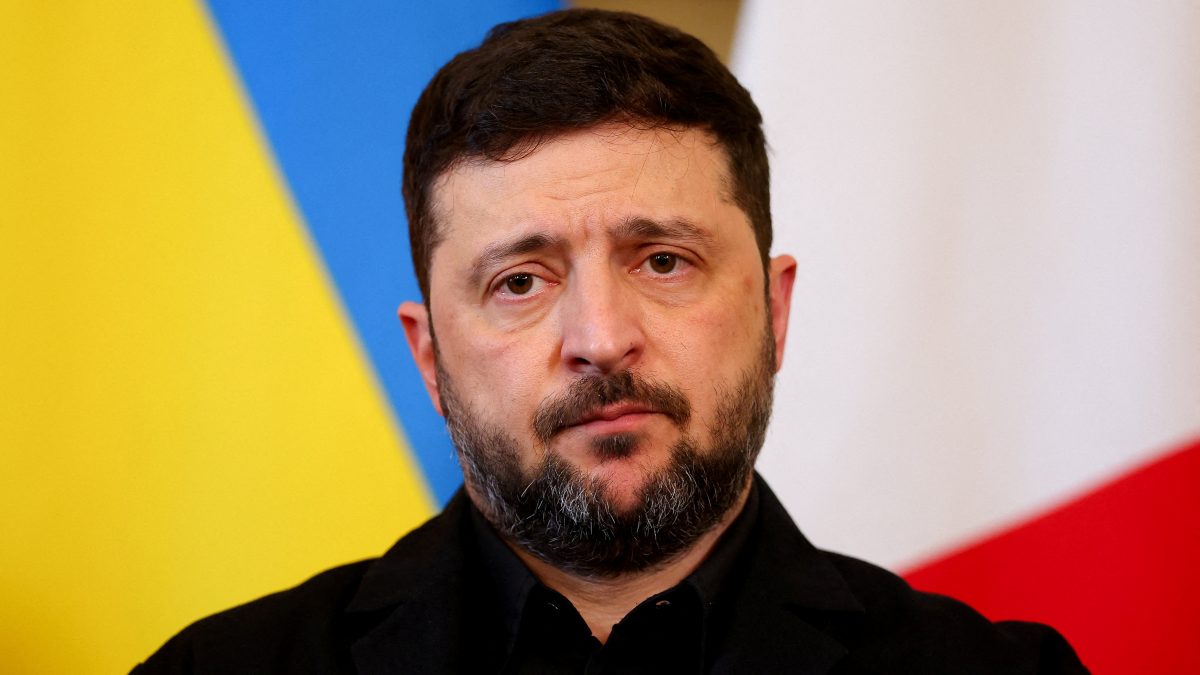)



